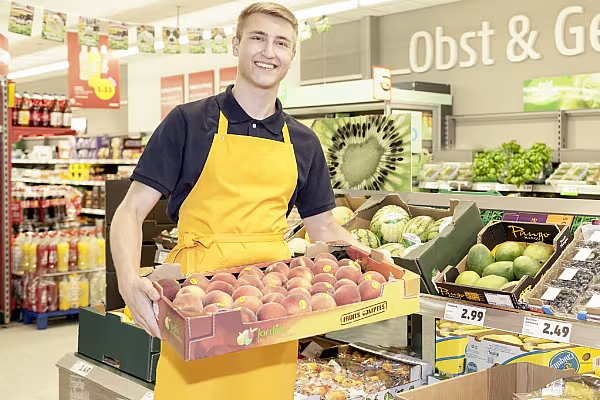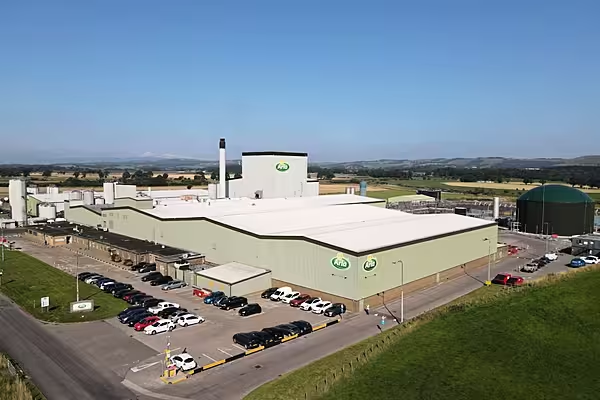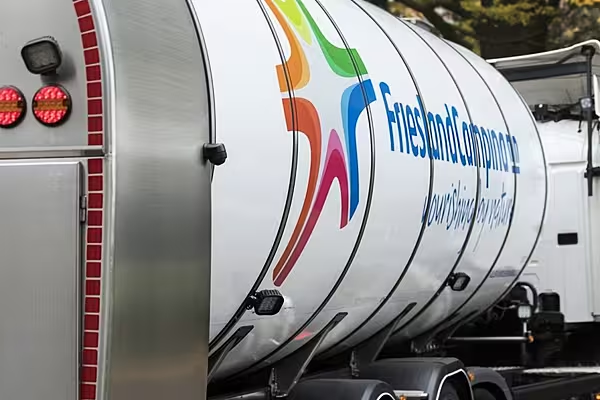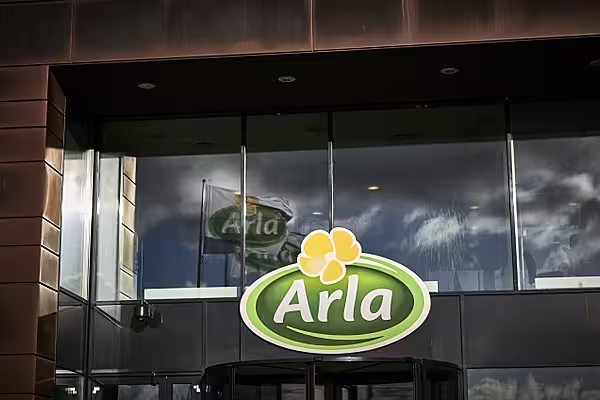Retailers are constantly striving to improve food quality and reduce food waste – particularly when it comes to fresh produce. Slowing deterioration rates and increasing shelf life remain key goals.
Today’s fruits and vegetables are packed earlier in their lifecycle than ever before. They are increasingly often packaged before they are even ripe, then ripened in-package. It is now vitally important that retailers understand the critical role that packaging plays in preserving their fresh produce.
A recent study, conducted by the University of Bologna*, found that contamination by spoilage bacteria – and thus deterioration rates – is significantly lower when fruits are packed in corrugated trays. Researchers calculated that the shelf life of fruits packed in corrugated fruit trays is between one to three days longer than the shelf life of fruits packed in returnable plastic crates (RPCs).
The findings are good news for both retailers and consumers. By preserving the scent, appearance and taste of the fresh produce, corrugated packaging not only ensures fresh fruit and vegetables are more enticing when they first arrive on the shelves; it also ensures they stay that way for much longer too.
During the study, Professor Rosalba Lanciotti and her team packed hundreds of sterilised peaches into an equal number of corrugated trays and plastic crates that they had deliberately contaminated with microorganisms, including the spoilage bacteria. The researchers measured the peaches’ microorganism levels at the ‘time of sale’, then again after 48 and 72 hours.
They analysed the data collected to determine how long it would take for the fruits to deteriorate to a level where they would no longer be fit for consumption. Factors such as storage temperature, time on shelf and superficial damages also affect fruit shelf life. However, the study determined that the shelf life of fruits packed in corrugated trays is between one to three days longer than for those packed in returnable plastic crates.
With such an important role in reducing levels of spoilage bacteria levels, turning to corrugated packaging instead of returnable plastic crates to slow the deterioration and increase the shelf life of their fresh produce should be a clear priority for companies looking to increase consumer satisfaction, sustainability credentials and, ultimately, profitability.
No retailer can afford to remain indifferent to this critical freshness factor of corrugated packaging for their fruit and vegetables. Fast movers will keep their freshness for longer and slow movers can remain longer on shelf.
In addition, food waste will be reduced, as more fruit and vegetables make it through the supply chain to your customer’s kitchen without being thrown away. This will improve financial results of retailers as well as reducing the impact on the environment.
Jan Gramsma, FEFCO’s Market and Environment Director, said that the tests supported by FEFCO and Bestack, were just one of the many confirmations that corrugated is cleaner and safer. “When it comes to preventing microbiological contamination, the science is in no doubt: corrugated board is far superior to RPCs," he said.
For more information, visit www.corrugated-ofcourse.eu
[*Source: University of Bologna, Department of Agricultural and Food Sciences, p.zza Goidanich, 60, 47521 Cesena, Italy]
© 2016 European Supermarket Magazine – your source for the latest retail news. To subscribe to ESM: The European Supermarket Magazine, click here.














